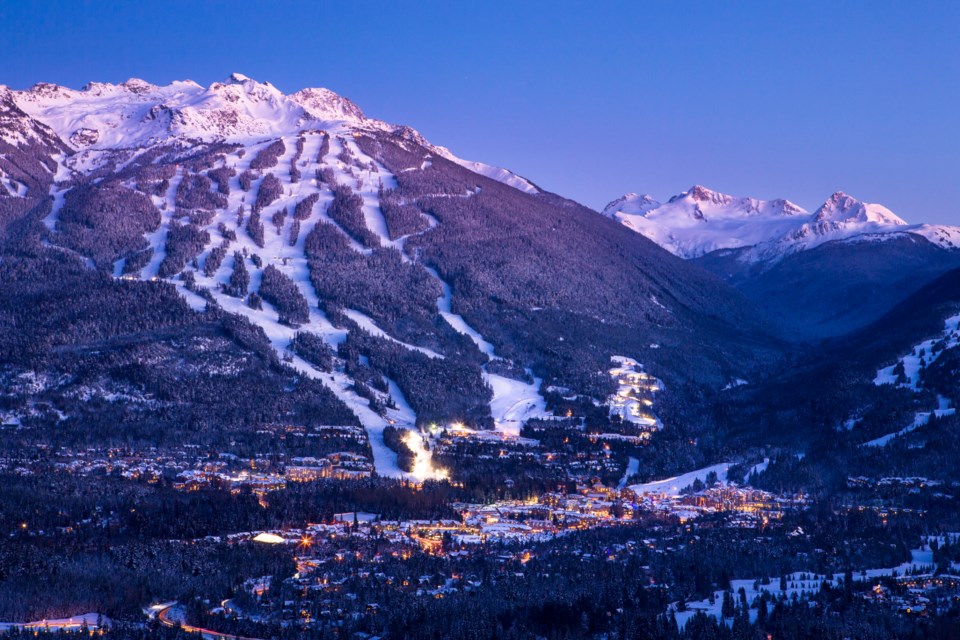This is in reply to the letter about the contribution of the “empty houses” in Whistler (Pique, April 18, “‘Empty houses’ in Whistler still contribute”).
Granted, these largely (or seasonally) unoccupied homes do pay the property taxes referenced by the author. And let’s not kid ourselves: Whistler was built on real estate and the sale of ski chalets.
However, the service jobs she references these homes as generating are precisely the type of underappreciated jobs held by the exact people that can’t afford lodging here.
At the least, there should be a local tax or an appropriate ongoing contribution from the owners of these under-occupied houses to help fund initiatives for housing, with a focus towards essential-service employees and retaining potentially longer-term people. (This could be waived with suite occupancy.)
While you mention roads and other physical infrastructure, it is the people parts of the infrastructure that you count on even more, whether or not you realize it. If you do not live, earn, and spend in the community, your property taxes alone do not contribute enough to make it possible for doctors, nurses, techs, pharmacists, teachers, daycare workers, and the trades (whom you also reference) to build a life here. A more balanced contribution would help keep Whistler safe, healthy, and educated, rebuild and maintain a middle class, and free up affordable lodging for the worker bees.
So while secondary homeowners are absolutely appreciated and some are outstanding philanthropists, many can easily afford to do more than what is currently required. If you are going to own part of this awesome place, there needs to be a balance so that it can build and stay awesome.




